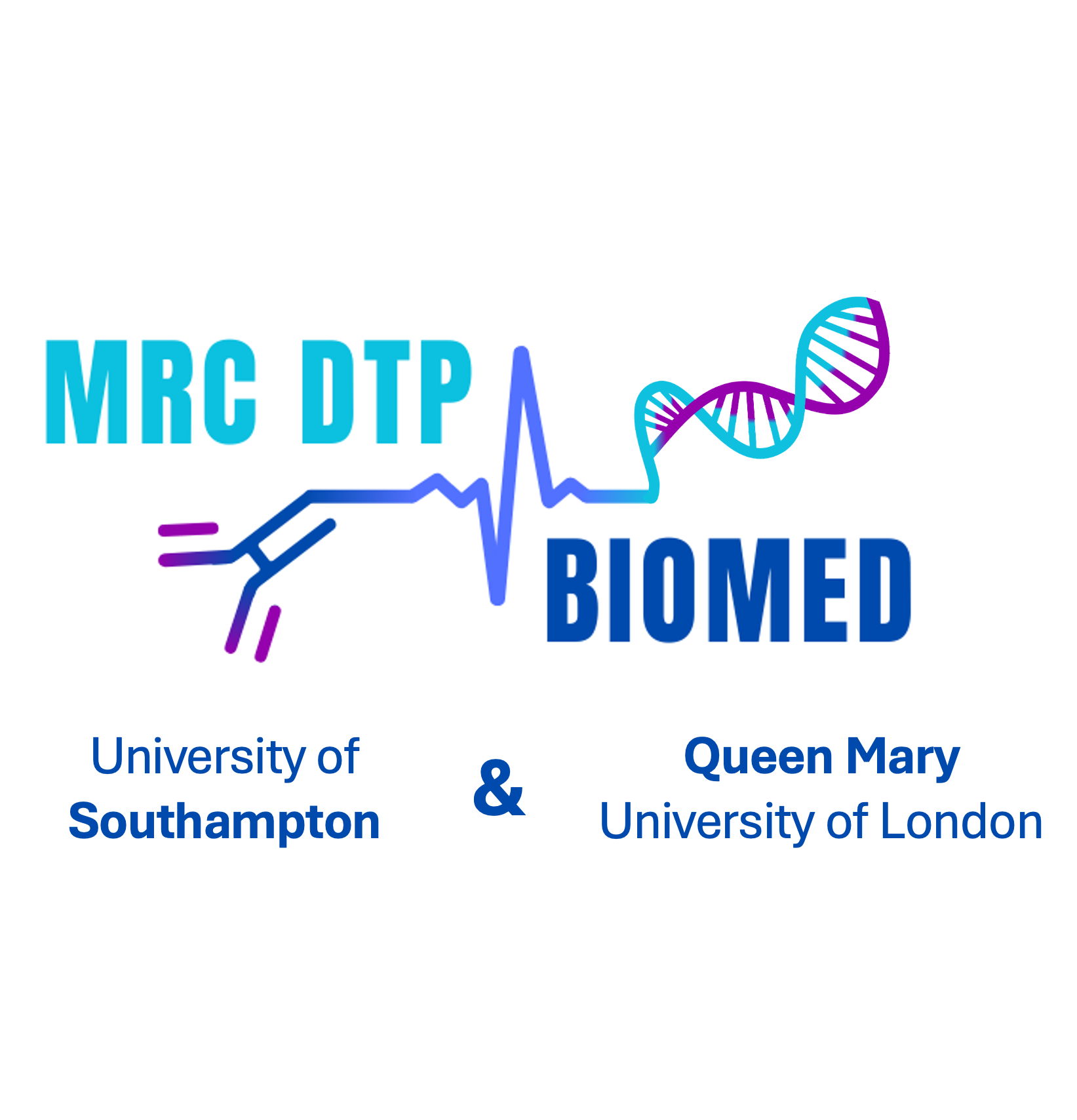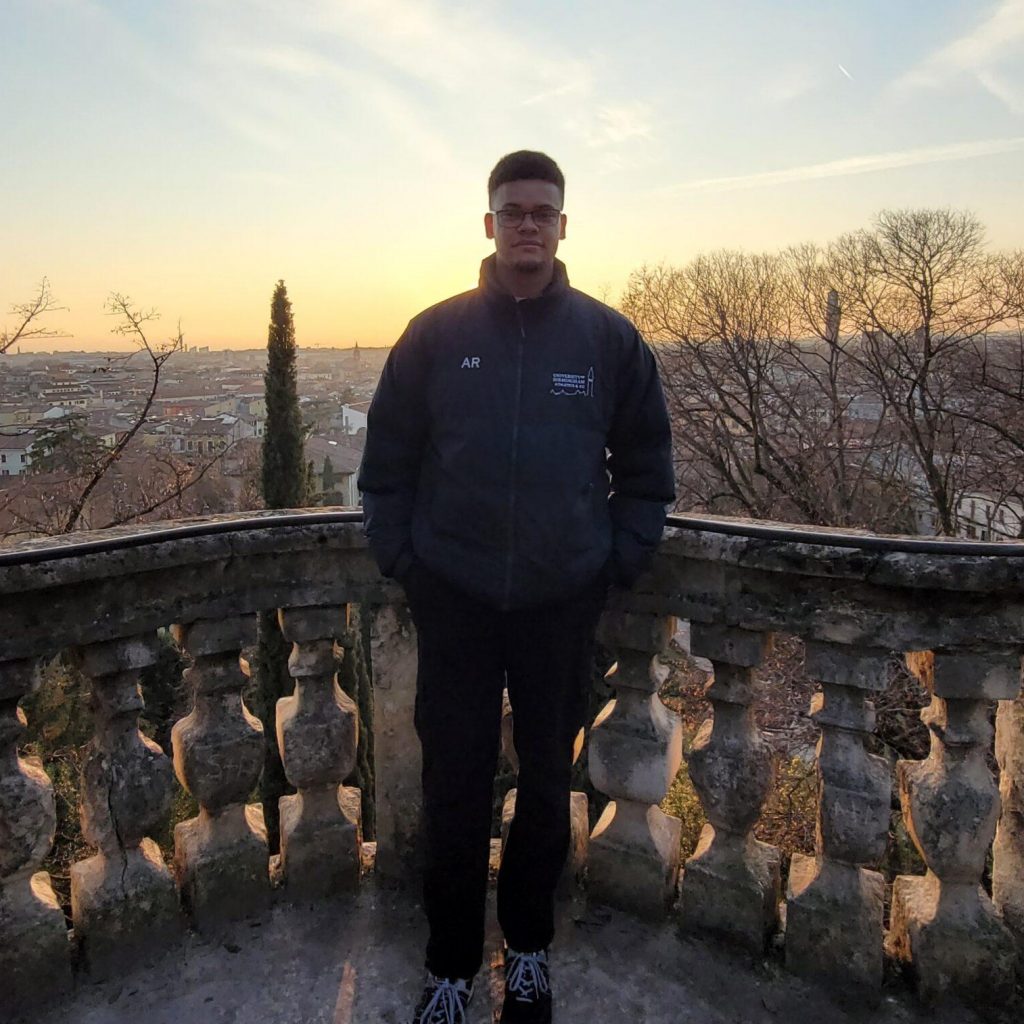
Immunity and Infection
Funded by the MRC DTP
Which rotation did you decide to pursue for your PhD project and why did you choose it? I decided to merge my first and second rotations into a collaborative project between Professor Paul Elkington and Dr Liku Tezera of the Tuberculosis (TB) group, and Professor Tilman Sanchez-Elsner of the Junk DNA group. My project focuses on the role of extracellular vesicles (EVs) released by Mycobacterium tuberculosis infected cells in regulating inflammation in TB, with the ultimate aim of characterising these EVs for blood-based diagnostics, and even therapeutics, in TB.
What skills have you developed so far? Between the two labs, I have developed many skills, especially wet lab skills. I now have experience with techniques such as flow cytometry, qPCR, ELISAs, working in a category 3 lab. Alongside these are other basic wet lab skills such as planning experiments (from simple calculations and setups to more complex assays), time management, organisation, and develop my confidence in working independently. Through my third rotation, and with help from the Quantitative Cell Biology module, I have also greatly improved my skills in bioinformatics. I worked with large RNA-seq and scRNA-seq datasets in R and python, and used a wide variety of online bioinformatics tools.
How have you found the mathematic/computational component of the DTP? I have personally found the computational part of the DTP very interesting an enjoyable, opening a new area of bioinformatics to me which I previously thought was unattainable given I do not have a background in computing. This has translated into my third rotation project being a bioinformatic project, and even adding a bioinformatic element to my PhD research. I have also found the maths side of research to be one of the areas I struggle with, but there are plenty of opportunities to improve these skills through the introductory module and other courses on offer.
What have you enjoyed most about your experience so far? What have you found challenging? I have most enjoyed working in a collaborative lab environment here on Level E, meeting colleagues with very interesting research interests and making great friends in the process. The most challenging part of the PhD so far has been adjusting to the workload and expectation that a PhD demands, but it has been beneficial, and I can see the improvement in my quality of work as a result.
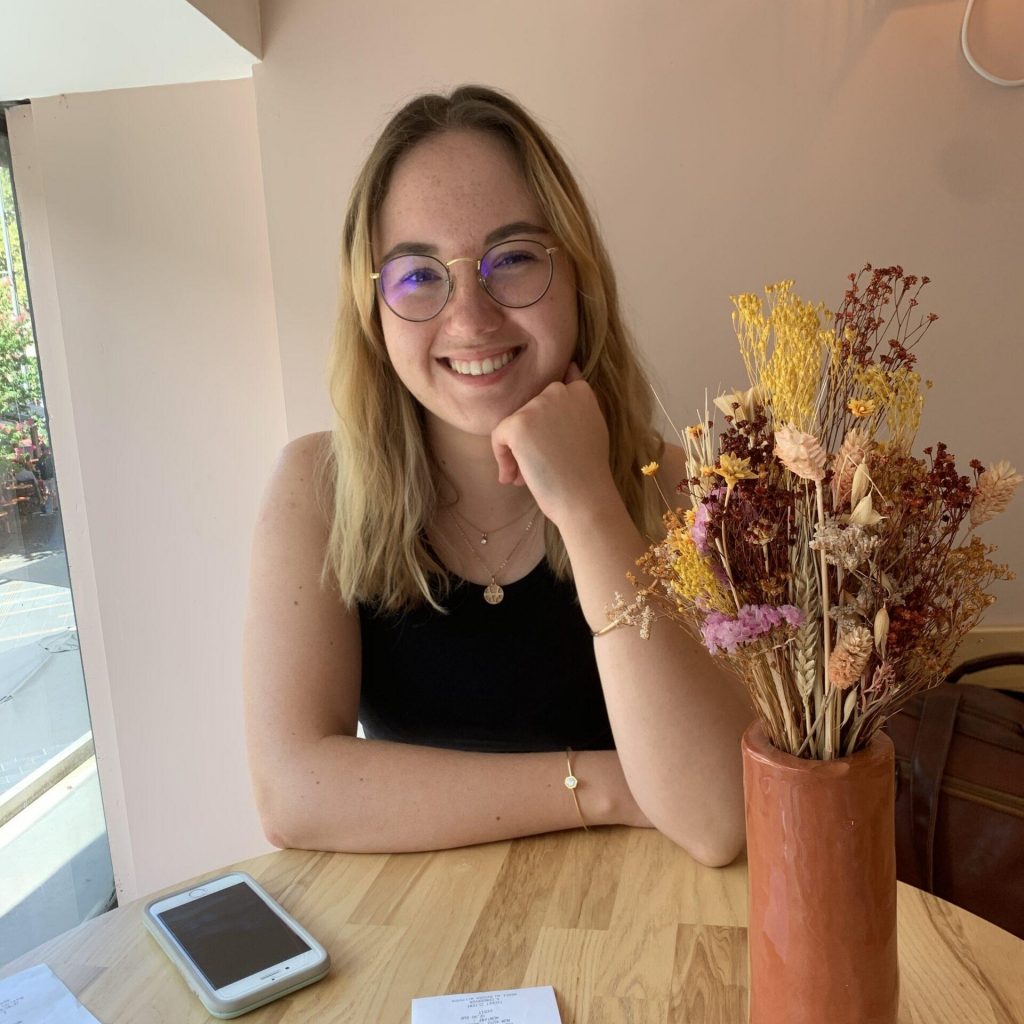
Cancer, Inflammation and Immunology
Funded by the MRC DTP
Which rotation did you decide to pursue for your PhD project and why did you choose it?
I decided to join Prof Richard Grose’s lab in the Barts Cancer Institute for my PhD, where I am studying the role of cannabinoid receptor 2 (CB2) in HER2+ breast cancer and how it can impact cancer stemness. I chose this rotation because I found the project was very interesting and novel and had potential, and that my lab performs a lot of 3D in vitro assays. Additionally, this project will allow me to become proficient in both wet and dry lab skills.
What skills have you developed so far, and what skills do you hope to develop? As my first rotation was fully bioinformatics, I developed a range of skills in transcriptomic analyses, which have made me more confident in this area. I also developed my organisational skills throughout my rotations, which allowed me to work with different researchers and to develop my own techniques to keep on track of my experiments. I was able to improve my presentation skills through weekly lab and departmental meetings, seminars and away day events, which I hope to develop further.
How have you found the mathematic/computational component of the DTP? I enjoyed the Quantitative Cell Biology module in Southampton, although travelling there every week can be tiring. The course covers every aspect of transcriptomics, from bulk to single cell RNAseq. The lecturers are very knowledgeable and happy to help with any issues you may encounter during the course. This module starts with a week-long R course, which I found extremely useful.
What have you enjoyed most about your experience so far? What have you found challenging? My favourite aspect of the programme is the opportunity to do three rotations, which allows you to find the best project and group fit for you. This also allows you to create useful networks for the course of your PhD. There are a lot of projects to choose from, but you can also reach out to other labs. The first rotation is the most coursework heavy, and I have found the workload stressful and hard to deal with at times.
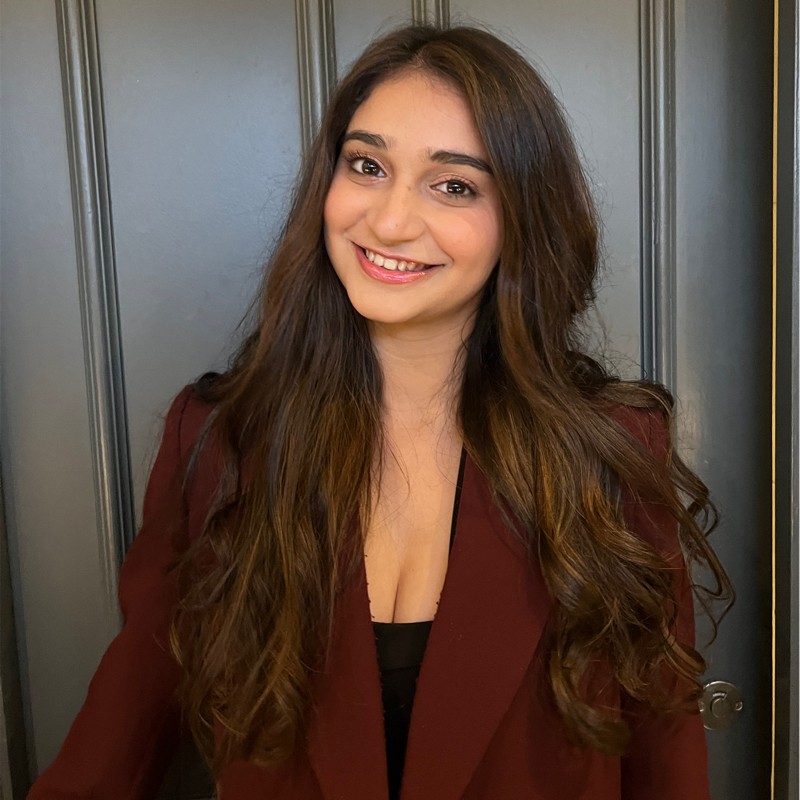
Cancer Immunology
Funded by the MRC DTP and IfLS
Which rotation did you decide to pursue for your PhD project and why did you choose it? My PhD research is focussed on understanding T cell exhaustion within the context of immunotherapy. Prior to selecting my rotations last year, I had a predetermined project offer that allowed me to explore rotations in my supervisor’s labs. This approach aimed to provide me with a better understanding of their lab operations and foster closer relationships with them. I chose three rotations, each offering distinct skill sets ranging from bioinformatics coding and data analysis to in vitro wet lab techniques. The skills I acquired during these rotations significantly contributed to my final PhD project, particularly the first two rotations that involved extensive single-cell RNA sequencing analysis and bioinformatic trajectory inference analysis. These experiences have given me a head start in my first year of data collection.
What skills have you developed so far? All three rotations provided me with the opportunity to acquire new skills in Bioinformatics, including programming in R and conducting single-cell RNA sequencing analysis on datasets sourced from human patient samples. Additionally, I developed a novel tool designed to facilitate the understanding of gene-switching patterns along defined trajectories. In the wet lab, I gained proficiency in techniques such as Western blotting and flow cytometry, as well as in vitro methods like T cell proliferation assays and shRNA knockdown experiments.
During my first year, my organizational skills significantly improved as I learned to maintain a detailed and up-to-date lab notebook, and I became adept at preparing thoroughly before conducting experiments. Furthermore, my communication and interpersonal abilities underwent substantial development through numerous interactions with individuals in different labs. I also honed my presentation skills, confidently sharing my progress in weekly lab meetings, away day events, and various seminars.
How have you found the mathematic/computational component of the DTP? I have found the statistics module extremely useful and thoroughly detailed which has made it extremely easy to comprehend and apply different descriptive statistical tests using SPSS and GraphPad PRISM to plot my data efficiently. The computational component of the DTP has been the most useful as my project heavily relies on single cell RNA sequencing and I have enjoyed the practical sessions which has given me the opportunity to translate the theoretical knowledge onto actual datasets.
What have you enjoyed most about your experience so far? After completing an intense year, I’ve come to the realization that I thoroughly enjoyed every aspect of engaging in three different projects and acquiring new skills both in the lab and in dry lab analysis. The experience of learning something new every day, improving my presentation skills, and gaining the confidence to work independently was incredibly rewarding. Prior to this, I had no experience with R programming, but the structured quantitative computational component of the DTP facilitated my learning process, especially in areas like single-cell RNA sequencing, with interactive teamwork sessions enhancing my understanding.
The DTP has provided excellent opportunities, including online and in-person seminars and academic talks, which I found immensely helpful for my background research. I also appreciated the social events organized by the LSPS society, offering a fantastic platform to connect with fellow PhD students. Lastly, I am deeply grateful for the student-led away, particularly the media training sessions, which were truly insightful and the motivational talks left a lasting impression on me.
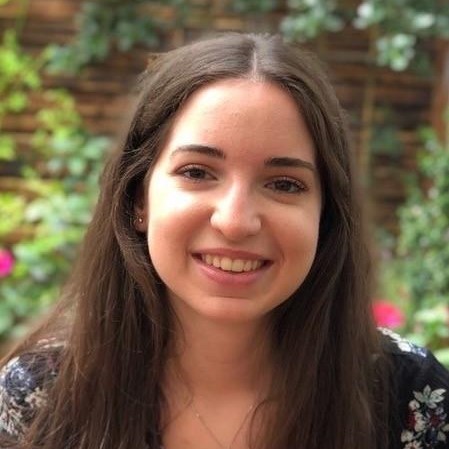
Cancer, Inflammation and Immunology
Funded by the MRC DTP
Which rotation did you decide to pursue for your PhD project and why did you choose it? For my PhD, I decided to pursue my second rotation, which I took in Prof Angray Kang’s lab in the Blizard Institute, in close collaboration with Prof David Baker. The aim of my PhD project is to investigate the mechanisms of autoimmunity induced by Epstein Barr virus, and how it might be related to multiple sclerosis. I chose this project because I found the topic to be highly exciting and of high importance, keeping up to the date to the state of current research, and the translational potential of the project made it very attractive to me.
What skills have you developed so far? During the MRes year I undertook three very different rotations in order to make the most of my experience. As such, I further developed my lab skills using techniques such as cell culture, PCR and qPCR, immunohistochemistry and immunofluorescence of cell cultures and animal tissue, cryosectioning, bacteria transformation and protein purification, and more.
How have you found the mathematic/computational component of the DTP? For me, the computational component has definitely been the most challenging aspect of the programme so far. The R data carpentry sessions they introduced this year were incredibly helpful to set the basics, but the module can be quite time consuming if you haven’t got a strong computational background. However, the practical workshops are well organised, and the module organisers are incredibly helpful and willing to solve any issues and answer questions.
What have you enjoyed most about your experience so far? What have you found challenging My favourite part about the programme so far has been the rotations taken during the MRes year. I especially value the opportunity to reach out to investigators of our choice and discuss the possibility of designing a new study based on your particular interests; that is how I found my perfect project!
So far, the most challenging aspect has probably been balancing the workload of the rotations and taught modules altogether, but it definitely gets easier as you advance through the year.

Immunity and Infection
Funded by the MRC DTP and IfLS
What rotation did you decide to pursue for your PhD project and why? I have joined Dr. Matthew Loxham’s group, where I will be undertaking a multidisciplinary approach to investigate the effects of airborne particulate matter on the human respiratory system, and how these effects may contribute to a disease state and an estimated 7 million deaths per year (WHO, 2018). I thoroughly enjoy using a range of methods and techniques when answering a question. The multidisciplinary approach in studying a major global health concern will not only allow for a varied and thorough understanding as to the composition and effects of particulate matter on the respiratory system, but will also help me to translate results to biological understanding, to guide policy, and potentially contribute to better health outcomes for the whole population.
What skills have you developed so far? The three rotations in the MRes year provided me with training in cell culture, fluorometric microassays, RT-qPCR, western blotting, ELISA, histological techniques, mass spectrometry, and bioinformatics. Additionally, the MRC DTP away day, regular lab meetings, and poster presentation sessions have provided me with a platform to enhance my presentation and communication skills.
How have you found the mathematic/computational component of the DTP? Having zero experience with bioinformatics before the DTP, the QCB module provided me with an in-depth theoretical understanding of many methods. This not only aided me in my decision-making when using bioinformatic techniques but also allowed me to understand data presented in the results sections of scientific papers.
The practical aspect of the QCB module also provided my first coding experience. A thorough understanding of the tools allowed me to build a solid foundation in R, and further provided the resources needed to improve these skills.
What have you enjoyed most about your experience so far? What have you found challenging? I joined the iPhD with a defined project, where I knew I would be staying in Dr. Loxham’s group following the MRes year. However, the rotation projects provided an opportunity to learn the subject area from different angles, with fresh approaches to tackling questions. I thoroughly enjoyed the variety of techniques and topics that were recruited over the year. The coursework can be a bit difficult to juggle at times, although, it certainly requires and develops time management and organisation!
